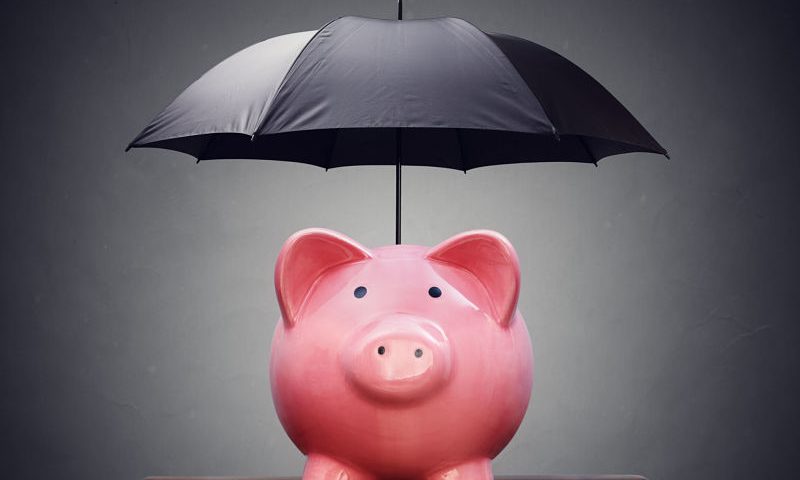July 2016 Changes

Super Stream Warning
July 9, 2016
SuperStream
July 9, 2016From health care charges and family payments to stamp duty, income and energy cost hikes, a number of new laws and regulations and fees come into effect from 1st July 2016.
Here is what to expect in the next financial year:
MINIMUM WAGE
Australia’s lowest-paid employees are certain to get an additional $15.80 per week from July 1 after the Fair Work Commission passed down its annual minimum wage decision.
The minimum wage has been increased by 2.4%, which means employees are going to be paid $672.70 per week or $17.70 per hour. The determination impacts in excess of 1.86 million workers.
FAMILY TAX BENEFIT
From July 1, you will not be paid the Family Tax Benefit Part B, for anyone who is part of a couple and your youngest kid is 13 years old or over.
The alteration to the payment, with a highest possible rate of up to $4400 a year, brings age cut-off for your youngest kid straight down from 18 years.
Single parents, grandparents or great grandparent carers won’t be impacted by the changes, nevertheless grandparents and great grandparents must register before July 1 to continue to receive the payment.
DOCTORS APPOINTMENTS
Individuals have already been cautioned of the “medical Armageddon” with the influx of new healthcare costs very likely to hit patients from July 1, though dreaded fee imposts for medical tests have been staved off once the federal government reached arrangement with the pathology sector.
The extension on the Medicare rebate freeze in this year’s budget is likely to drive GPs either to cease bulk-billing or increase co-payments by $15 to $25 per visit, the Australian Medical Association has cautioned.
ROAD TOLLS
To sustain inflation, charges for almost all toll roads across the country will rise on July 1, generally by a few cents essentially.
In Victoria, the maximum road toll for a car on CityLink will go up by three cents, from $8.66 to $8.69, and a trip across the Bolte Bridge will increase from $2.89 to $2.90.
In NSW, the M2 will rise for cars by between one cent and six cents, based on the number of toll points people pass.
And in Queensland, at the Murarrie toll point on the Sir Leo Hielscher bridges, road tolls will rise seven cents for privately registered cars to $4.39.
ENERGY COSTS
Energy bills across the nation are going to increase, particularly in NSW and South Australia, which currently has the Australia’s highest energy costs.
In SA, AGL has introduced a rise of 10 %, which amounts to about $230 additional each year. Origin Energy is hiking its costs by 6.5%, or approximately $117 each year, while Energy Australia consumers are going to pay an extra $260 per year.
In NSW, total annual energy bills are going to increase by as much as $30 after the Australian Energy Regulator authorized a 1.5% increase consistent with inflation.
That increase was authorized as being a stop-gap measure following a judgment to reduce expenses at government-owned energy firms was controversially overturned, possibly adding 100’s of dollars back on to energy bills.
In the ACT, electrical power costs will increase by 6% but customers utilizing a combination of electrical power and gas will approximately break-even, after ActewAGL declared it will decrease gas prices.
SMALL BUSINESS TAX CUT
Companies with the yearly turnover of under $2 million might get a tax cut from 28.5% to 27.5% from July 1. “This measure is not yet legislated but is supported by both parties,” CPA Australia head of policy Paul Drum said.
SUPER STREAM
For those who operate a small business and have employees, remember to be SuperStream-ready.
“From July 1, a business with 19 or fewer employees will be needed to pay super contributions for employees electronically (EFT or BPAY) and send the associated data electronically,” Mr Drum said.
“If you are not prepared for Super Stream, speak to your accountant or visit the ATO website.”
FARM MANAGEMENT DEPOSITS
For farmers, from July 1, the absolute maximum level of farm management deposit (FMD) each and every eligible primary producer can hold will rise from $400,000 to $800,000.
“Also coming into effect from July 1, any primary producers affected by drought can withdraw their FMDs without losing their claimed tax benefits,” Mr Drum said.
“Provided they made their FMD in the earlier financial year, have held their FMDs for a minimum of 6 months, and can show that an area of their farming property have been impacted by a rain fall deficit for 6 consecutive months.”
UNFAIR TERMINATION CHANGES
The income threshold for workers who are protected by unfair dismissal laws and regulations increases once again, since it does every year due to the Fair Work Commission’s yearly wage reviews.
From July 1, the workers who are earning up to $138,900 will be protected by unfair dismissal, up from the prior $136,700 threshold.
SMSF COLLECTIBLES STORAGE
For those who have a self-managed super fund and it owns artwork, jewellery, vintage cars or other major “collectibles”, you will not be able to store those items at the SMSF trustee’s residence from July 1.
The reasoning is usually to avoid a collectable being “used” by the SMSF trustee. “This is how the ATO are circumventing the, ‘I store the painting at home, but of course it’s in the safe – wink, wink’ conversation,” Sonia O’Donnell from Superfund Partners writes.
“As the Auditors, or even the ATO can’t be at your house to confirm the existence of the collectable or that it is actually not being used, the final decision is made to eliminate the temptation and take away the collectable from reach. Consequently, the new regulation states that any collectable must not be stored at the SMSF trustee’s residence.”
STAMP DUTY INCREASE
In Victoria, foreign real estate investors are now being whacked with enormous increases in stamp duty from July 1 and land tax from next year. Foreign buyers will have to pay 7% stamp duty, up from the current 3%, whilst the land tax surcharge on “absentee landholders” will rise from .5% to 1.5%.
The NSW government has already been in front of the game, imposing a 4% stamp duty surcharge on residential property purchases in its State Budget, and a .75% land tax surcharge from 2017.
FIRST HOME BUYERS GRANT
Queenslanders are able to access a ’souped up first home buyers grant from July 1, with the Great Start Grant being elevated to $20,000 in the State Budget. The grant, that was formerly $15,000, is for buyers of their first newly constructed property under $750,000.
LICENCES, REGO AND TRANSPORT
Drivers licence, motor vehicle registration and public transit charges are going to increase across the nation from July 1, generally by around 1.9% in line with inflation.
For more info on new all the new prices, check out your state government transport website.
Call Tax Accountants Cranbourne today at 1300 300 106.





